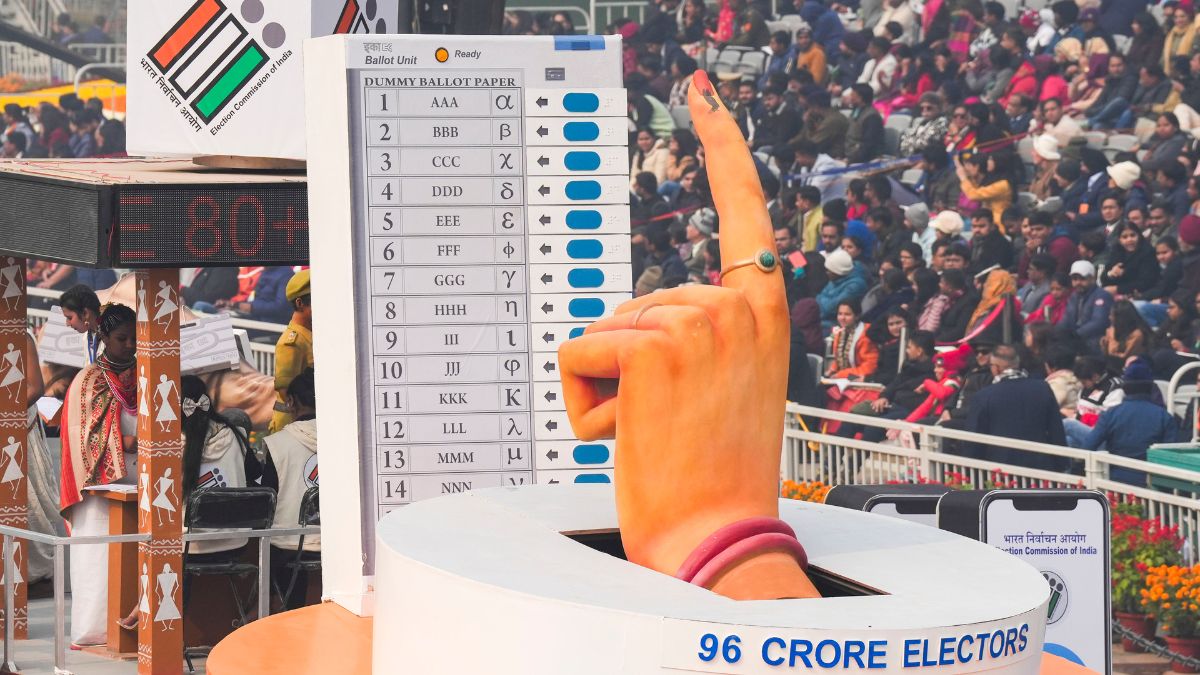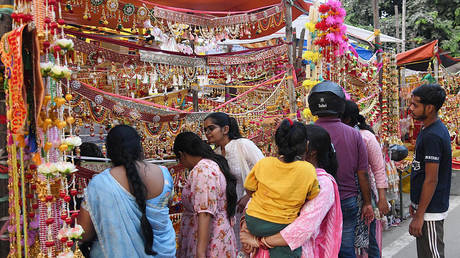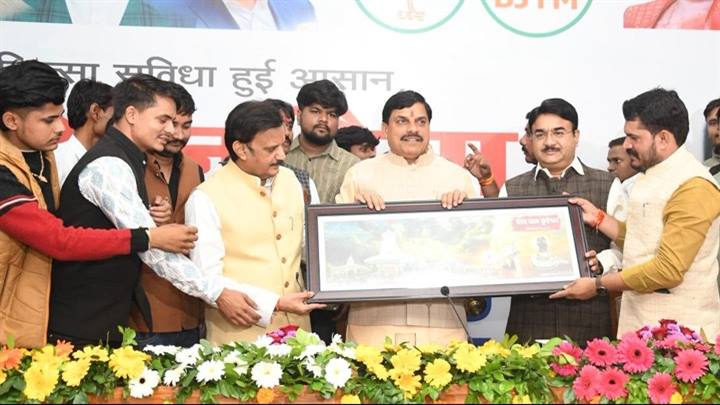5 reasons why 2024 Lok Sabha polls are unique
While most things remain the same this year, there are some noteworthy changes in the electoral process as compared to the last general elections of 2019

India will go to polls on April 19, announced the Election Commission of India on Saturday. The seven-phase-long elections will go on till June 1 with results slated to be announced on June 4.
Proudly presenting a “complete” team, with reference to the recent appointments of the two Election Commissioners, Chief Election Commissioner Rajiv Kumar on Saturday gave a lengthy address, detailing the roadmap of the upcoming Lok Sabha polls.
Like the last general elections, Lok Sabha 2024 will also be held in seven phases.
-
Phase 1: April 19 (21 States)
-
Phase 2: April 26 (13 States)
-
Phase 3: May 7 (12 States)
-
Phase 4: May 13 (10 States)
-
Phase 5: May 20 (8 States)
-
Phase 6: May 25 (7 States)
-
Phase 7: June 1 (8 States)
While most things remain the same this year, there are some noteworthy changes in the electoral process as compared to the last general elections of 2019.
-
The state of Maharashtra will see people cast their votes in five phases, from April 19 to May 20, unlike 2019 when elections in the 48-Lok Sabha seat state were wrapped up in four phases
-
In Manipur, which has been gripped by bouts of violence, elections will be held in two phases, from April 19 to April 26, for its two parliamentary constituencies. However, this year voting in one seat will be held twice due to displacement in the northeastern state
-
This year, 48,000 transgenders will be eligible to vote as compared to 39,075 in 2019
-
In five years, the number of voters has increased by six per cent from 91.2 crore to almost 97 crore in 2024
-
In 2019, the third phase covered 115 constituencies while this year the first phase will be the most expansive, covering 21 states and 102 constituencies






















